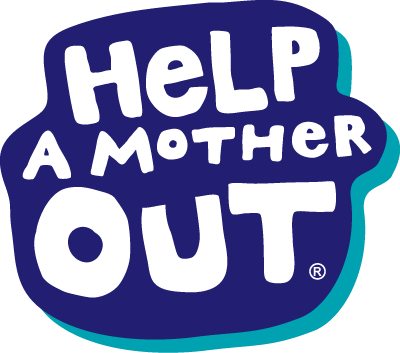The other night I was helping a friend move out of the area. My friend is a journalist who previously worked for a national newspaper and we were talking about the recent media blitz that had descended upon Sacramento’s tent city. Since the Big O story broke, media outlets descended on the tent city. I can see why journalists flocked. People living this way, just outside the California capital, is a very compelling visual.
Now it has been reported that the tent city population is composed mostly of homeless people who were already homeless and not middle class folks who lost their homes as a result of the economic downturn. So does this mean that if we don’t see people sliding into poverty, that it does not exist?
In recent memory we’ve had several catastrophic events that, despite terrible personal losses, have brought us together to support one another (e.g., 9/11, the Asian Tsunami, Hurricane Katrina). I remember watching CNN a few days after Hurricane Katrina. The camera panned to a justifiably angry man who was holding a nearly catatonic baby in a soiled diaper up to the camera.
Each of these tragic events resulted in an amazing outpouring of support from the general public. Telethons were broadcast. Concerts were held to raise money for the victims and their families. After Hurricane Katrina, emergency shelters were created; hotel vouchers were given out and the general public pulled together to help the displaced. The current recession we are in isn’t the result of a natural disaster. We are not going to be seeing people lined up waiting to be aired lifted out of the disaster zone.
When I got home from helping my friend I had this Guardian article waiting for me. The journalist, Sasha Abramsky, is talking about poverty and hunger in the United States. He writes:
“Northeast of California, in the state of Idaho, I met families whose children stood in line every day throughout the long summer months for free meals given out in city parks by church groups. In some parks at dinnertime, dozens of old cars would drive up, the kids would be disgorged to pick up their food bags and then the parents would drive them home to eat. Some of the families had lost their homes to foreclosures. Others had gone horribly into debt – on credit cards, on high-interest payday loans – trying to hang onto their homes. As they fell further behind on their payments, they could afford less and less food. …..
….That kind of poverty is inherently less visually spectacular than a tent city. It’s less likely to get Oprah’s TV audience up in arms. But when the damage from the economic collapse is finally accounted, it is these millions of little stories that will likely leave the most enduring imprint on America’s social landscape.”
This problem isn’t going away anytime soon. As parents charged with the next generation; shouldn’t we come together to help struggling families? Even if they are not featured on the 10 O’clock news.
